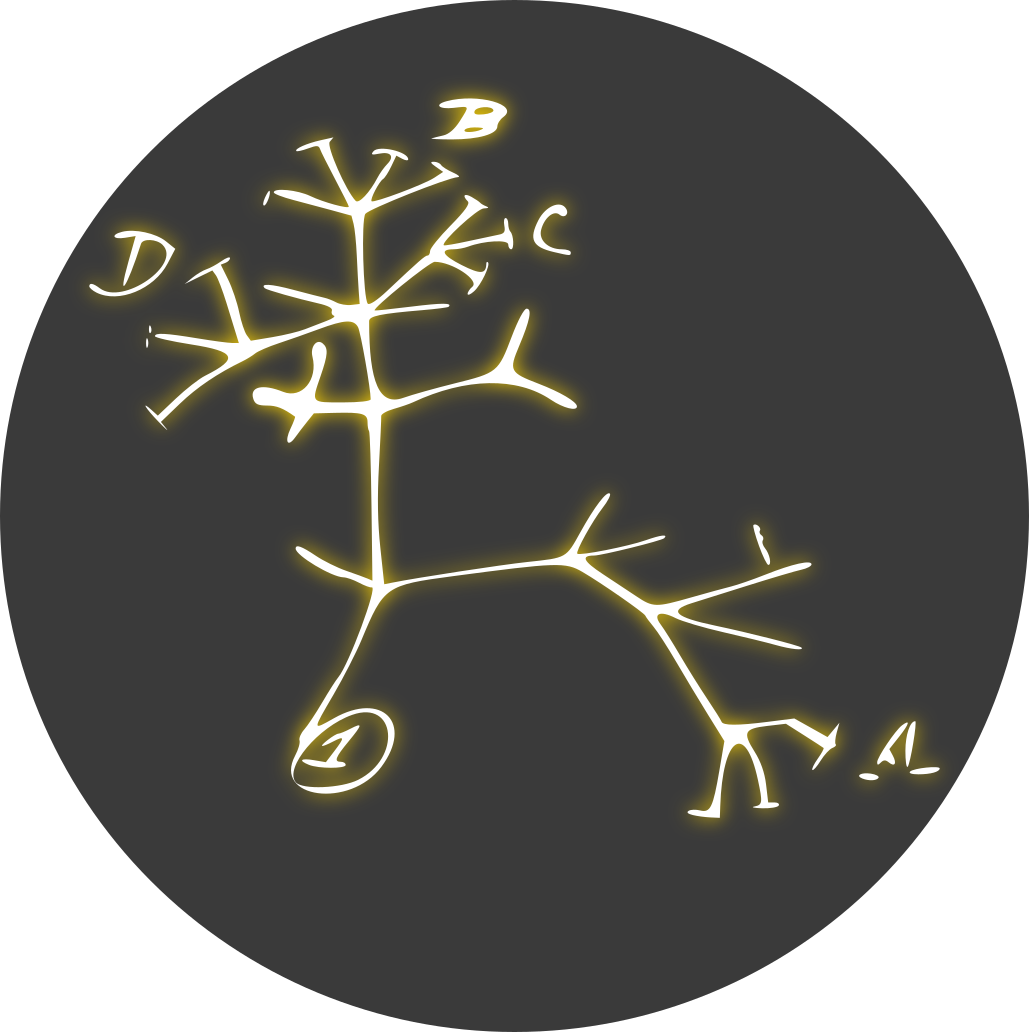

What a load of crap. I knew Netflix was expensive, but ten bucks a month per person with ads? That’s unreal! Even bundling only gets that down to ~$7, which is still BS.


What a load of crap. I knew Netflix was expensive, but ten bucks a month per person with ads? That’s unreal! Even bundling only gets that down to ~$7, which is still BS.

I would heavily suggest not doing this. HDDs are significantly more reliable than flash storage when it comes to long-term, power-off data retention. Period. There’s a relatively little-known fact about SSDs and flash storage where they aren’t actually rated to sit around with data on them for all that long. The voltages stored inside of them degrade and the data is slowly lost over time if they aren’t powered on. The enterprise SSDs that I work on are rated for 3 months - as in, set it on a shelf for three months, and after that, if you don’t power it on, it isn’t guaranteed that all of your data will still be there. And this is talking about ultra-redundant, enterprise SAS SSDs. MicroSDs don’t have any of that redundancy. (And yes - this implies that setting a bunch of important flash drives in a safe for ten years is not a great idea. That is true! It’s unlikely that you will experience data loss, but it’s more likely than with an HDD)

Just back them up in multiple places. I’d suggest Backblaze for offsite storage; I use it to back up my important data.

A plain old samba share works just fine, I’ve got a few running at home.
~$2500USD/ea, for anyone else as curious as me


Out of curiosity, what’s wrong with medium? (Serious question)


@kde@floss.social - are these available somewhere as full res pictures already? And/or will they be after the desktop is chosen? Or will only the chosen one be available?


Yep. Broadcom fucking sucks, they’re and they’re really good at doing this. Can’t wait until VMWare costs more than the systems it’ll be running on 🙄
Must be part of Reddit’s new rebrand


Although if y’all sold a stuffed animal of whatever adorable thing is in the middle right picture, I’d buy it in a heartbeat


Top left gives me amazing vibes


Redwoods are so freakin’ cool.
That is all!

The Crucial option is good because of more upgrade ability in the future. But - here’s another idea, that’s right around $100 but will be even smaller & more portable: Drive like this one: https://a.co/d/2dnQ1w1 With an adapter like this one: https://a.co/d/eiYVTvu
That said, I think your crucial SSD+enclosure would work just fine. I’ve got one of the m.2 adapters above and it’s a handy little thing so I know that works, too.
We need more info about the drive. Is it new? If so, absolutely RMA it. Just isn’t worth the headache even if the self test reports fine. If not new, how many hours? Reads? Writes? Any failures reported by SMART? Et cetera.
The more info, the better. I work in SSD failure analysis/firmware development.


Fred joins the game and teleports to square 3,3. He has a red aura around him. Nobody’s quite sure what it does, but it probably isn’t good.
Great explanation. Yes - I’ve done this before! Built up a system with a RAID array but then realized I wanted a different boot drive. Didn’t really want to wait for dual 15Tb arrays to rebuild - and luckily for me, I didn’t have to! Because the metadata is saved on the discs themselves. If I had to guess (I could be wrong though) - I believe ‘sudo mdadm —scan —examine’ should probably bring up some info about the discs, or something similar to that command.


It kinda looks like a marigold to me. If the leaves are crunchy, it’s underwatered. There’s a chance that some of it is still alive so you may see some small growth start to pop up - but usually, everything that’s crunchy is totally dead. If it’s mushy or limp, it’s underwatered - which unfortunately is probably worse.
Is it a hardware raid or a software raid? If it’s software (not sure abt hardware), the discs themselves should have the array’s metadata on it, and you can just use mdraid & restart the array.
Congrats! Looking wonderful :)
Just note that if you 3D print something, if you use the wrong material, there’s a chance it may melt.